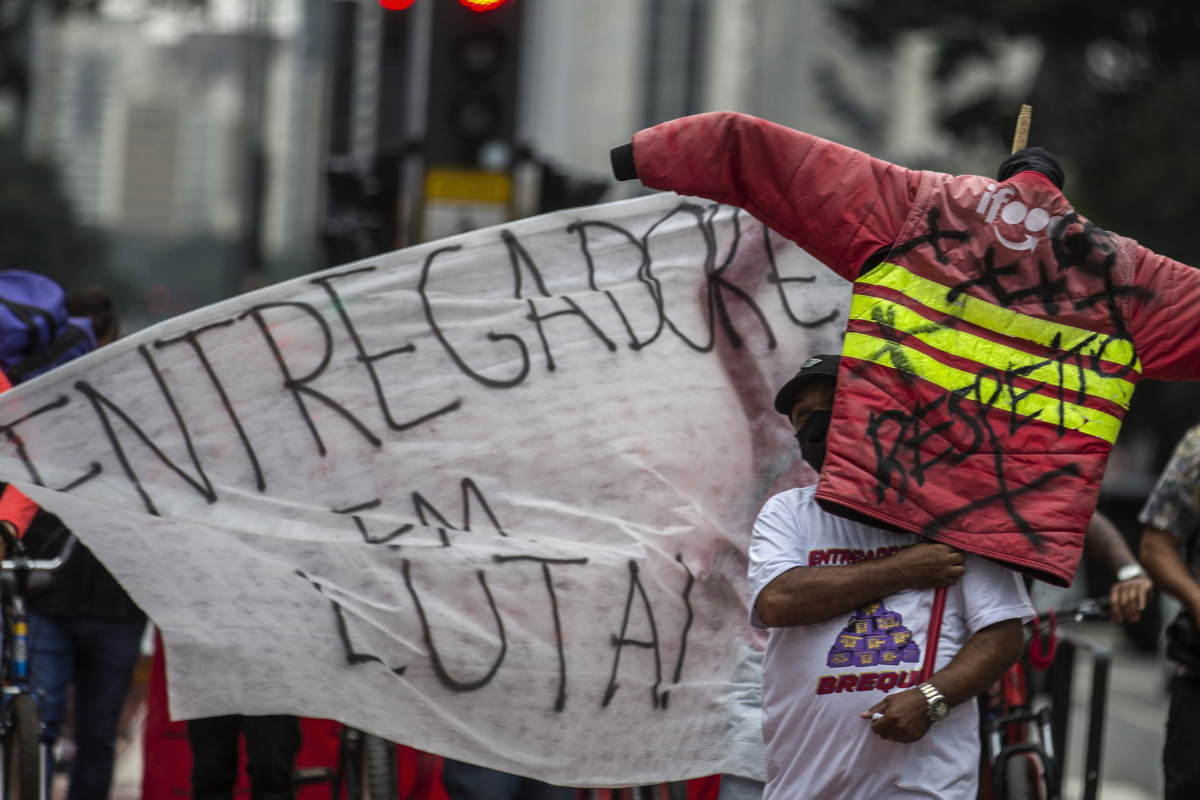Brazilians trying to get a ride to work or to the airport were left unattended or faced prohibitive prices on May 15 as drivers of ride-hailing apps Uber and Didi’s 99 staged a 24-hour work stoppage. They aimed to push the companies to increase drivers’ pay, which has been frozen since 2016 according to unions representing gig workers, and improve their working conditions.
Eduardo Lima, the head of one union, stated that working for ride-hailing apps “is not feasible” as it requires extremely long working hours just for drivers to keep themselves afloat. “We know that passengers already pay a higher amount than is passed on and, as a result, companies end up with almost 60 percent of the total value of the ride, making life difficult for drivers who are left with a small part of the profit at the end of the day,” Mr. Lima said.
Despite the dire working conditions, app drivers might not be ready for a formal work relationship, a new survey by renowned pollster Datafolha suggests. Commissioned by Uber and iFood, Brazil’s biggest delivery app, the survey reveals the complexities of regulating the gig economy.
After listening to 2,800 gig workers, Datafolha found that 75 percent of app drivers and 77 percent of delivery couriers would prefer to maintain their current relationship with platforms, which sees them as autonomous contractors, rather than have a formal work bond with them as an employee.
The gig economy has been one of the key employment...


 Search
Search






































